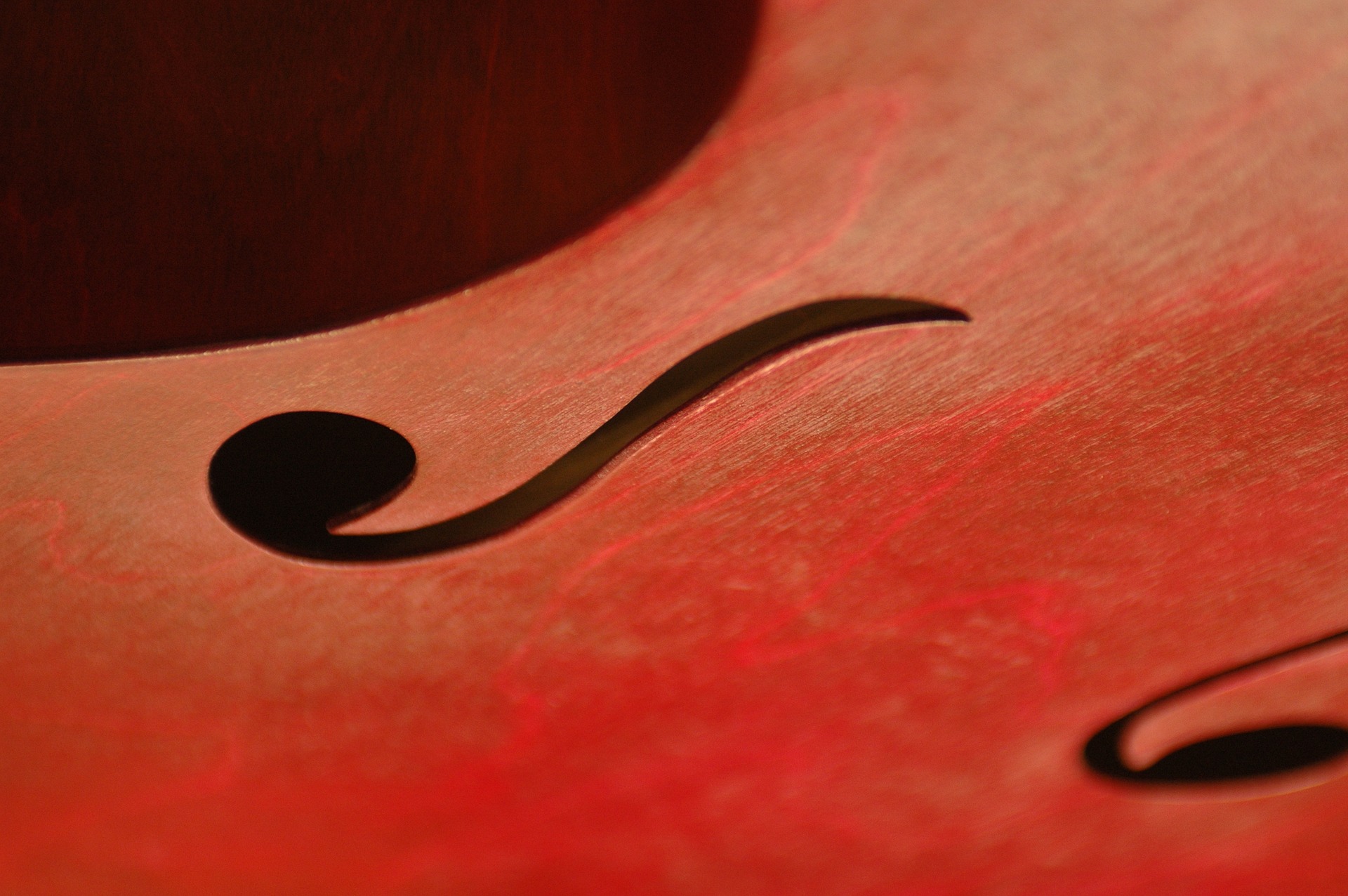It’s fairly clear that we humans all share a bit of a negativity bias. When presented with a situation that could go two ways, we’re prone to predict it will go badly more often then not.
That’s a great quality if you’re a caveman worried about being eaten by a saber tooth tiger.
When it comes to violin practice, we often generalize in the same way, though it’s not quite as useful.
Recently, in the middle of a practice session I was thinking “there’s no way I can play this etude properly,” when in reality the situation was a lot more nuanced. Large sections of the music were totally fine.
I had generalized the problem in a way that wasn’t helpful.
Better to just think about the specific challenges in a more granular way. It turns out that problem was isolated to a specific motion on a specific string.
Looking past all the misplaced negativity allowed me to focus my practice much more efficiently. I fixed the problems quickly.
Negativity as an emotion is toxic to practice. Instead, use your “negativity” in more of a left brain context. “This specific problem in this specific spot isn’t what I want.”
Certainly, critical judgment is an important part of practice. It’s a positive way of being negative.
Next time you’re feeling down on your playing, stop and notice the emotion of the moment. What triggered this feeling? Take a break, do some stretching and hit the reset button.
Can you separate the emotion from what’s actually happening on your violin? Can you get clear about the actual problem(s), right now?
Feeling stuck and depressed during practice?
Clearing the negativity cloud will soon create a spacious attitude in your right brain. You become more sensitive, more aware. Creative solutions will appear without effort!
Try it yourself and let me know what happens!
